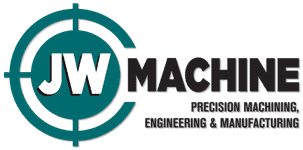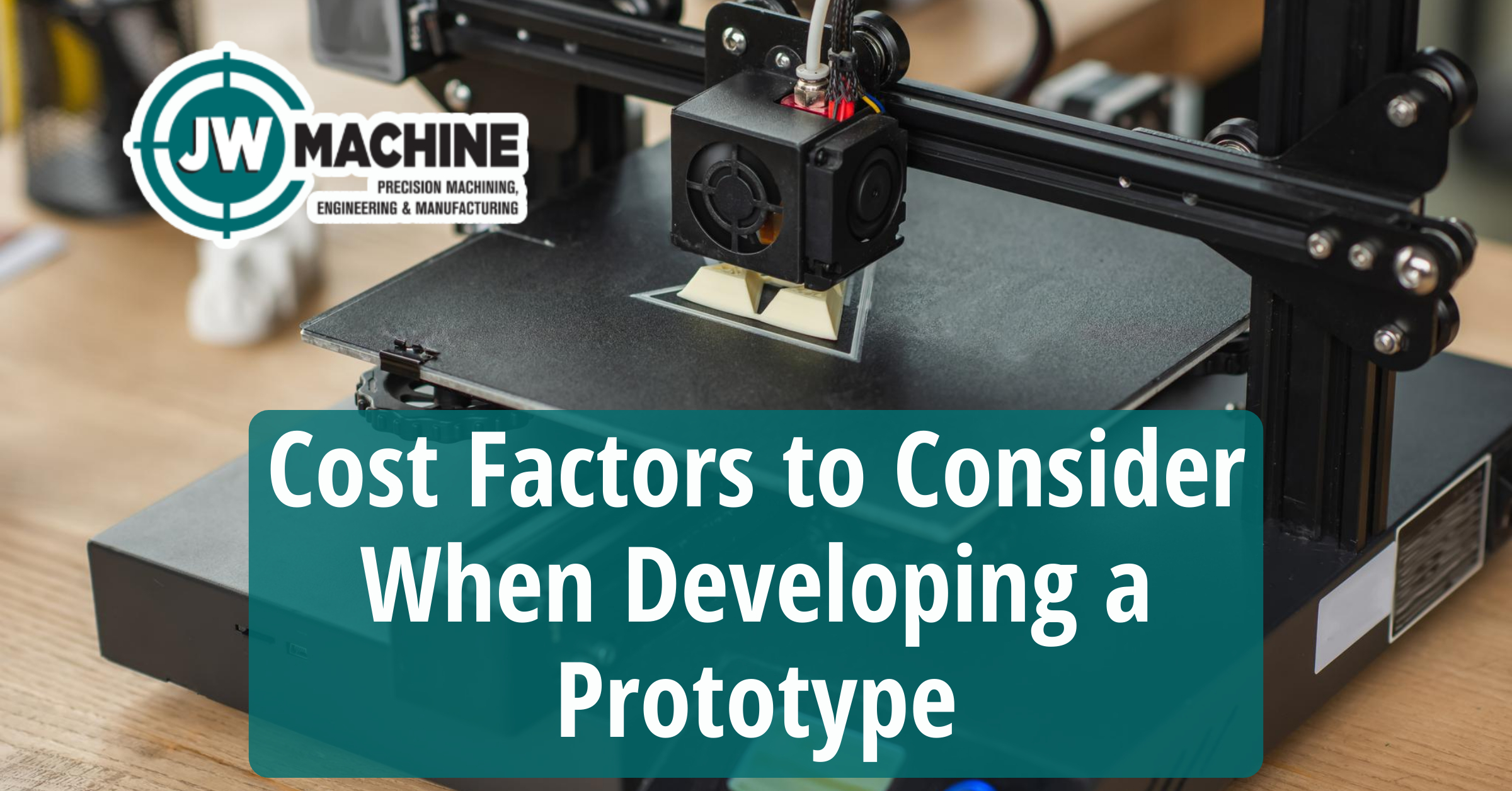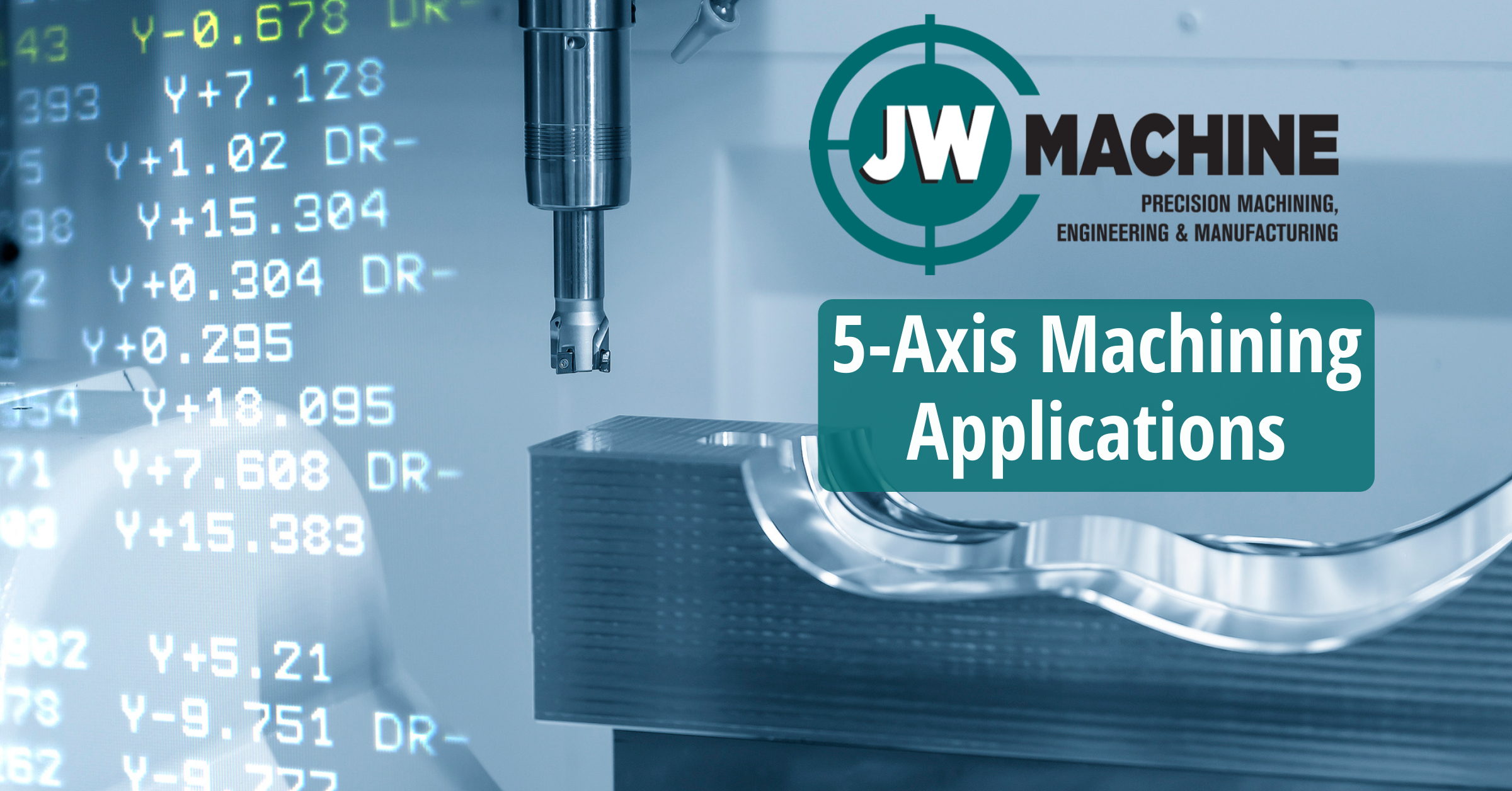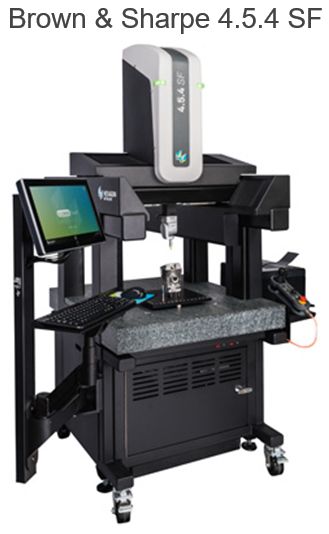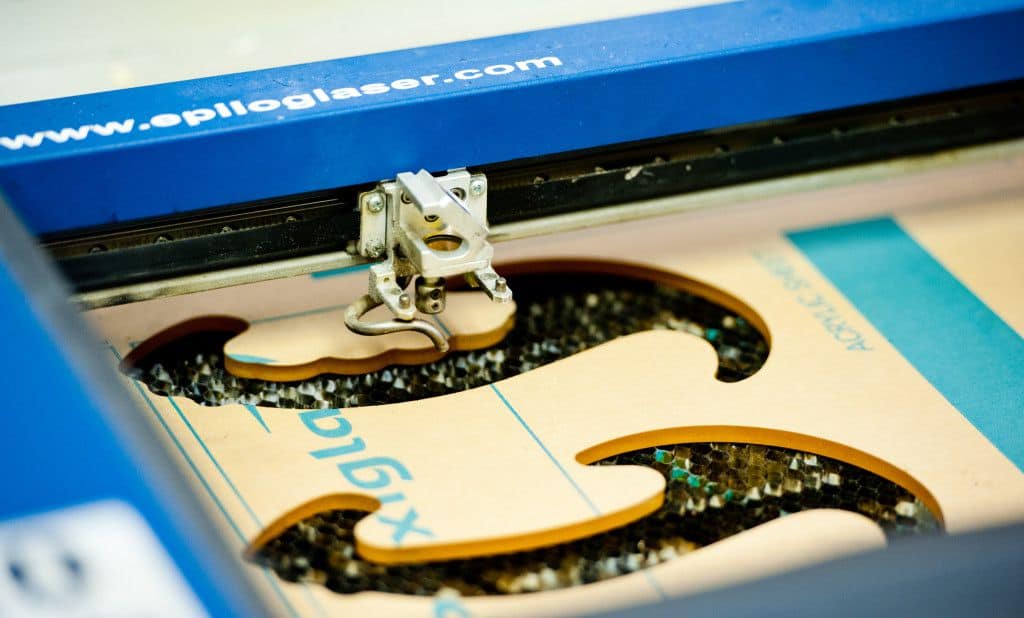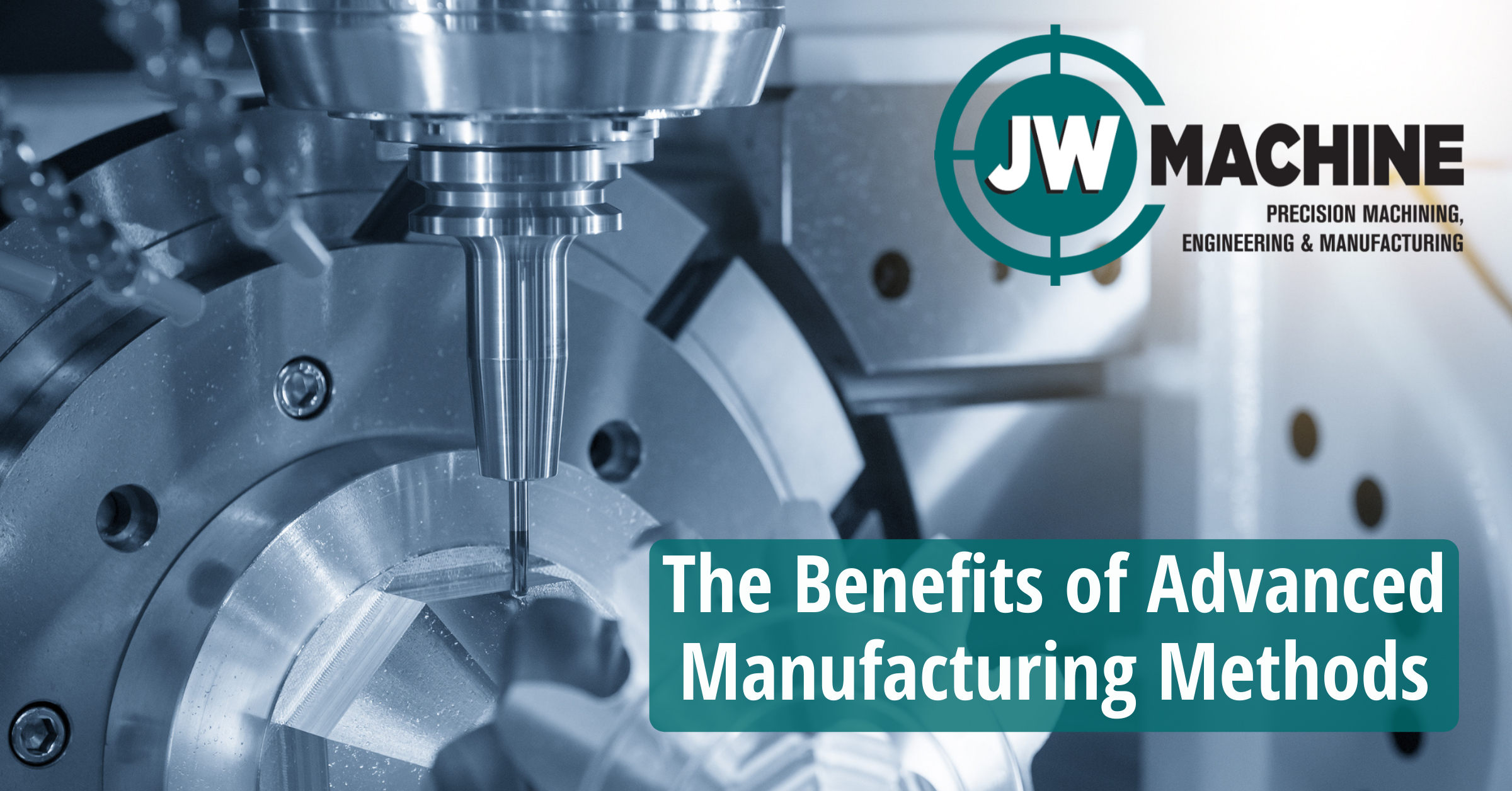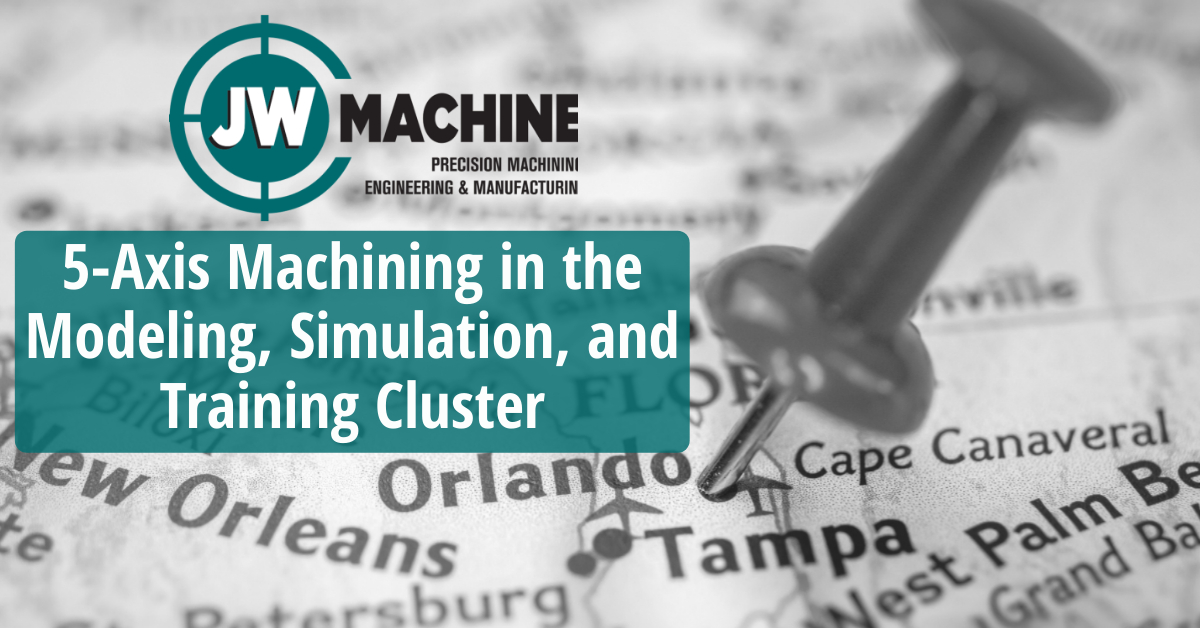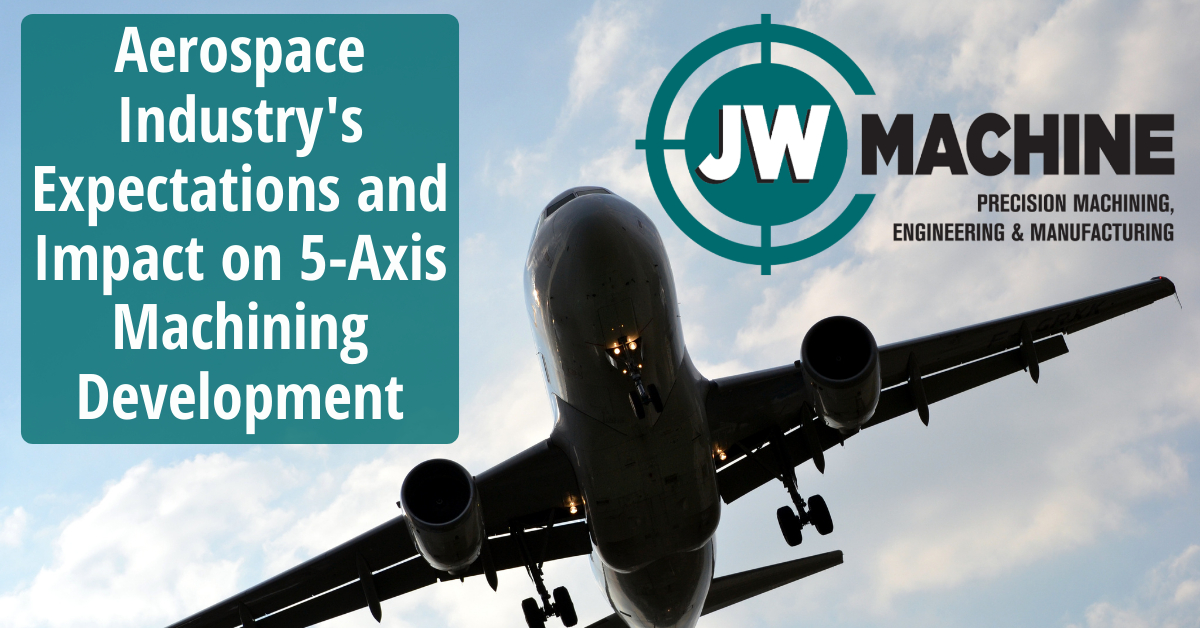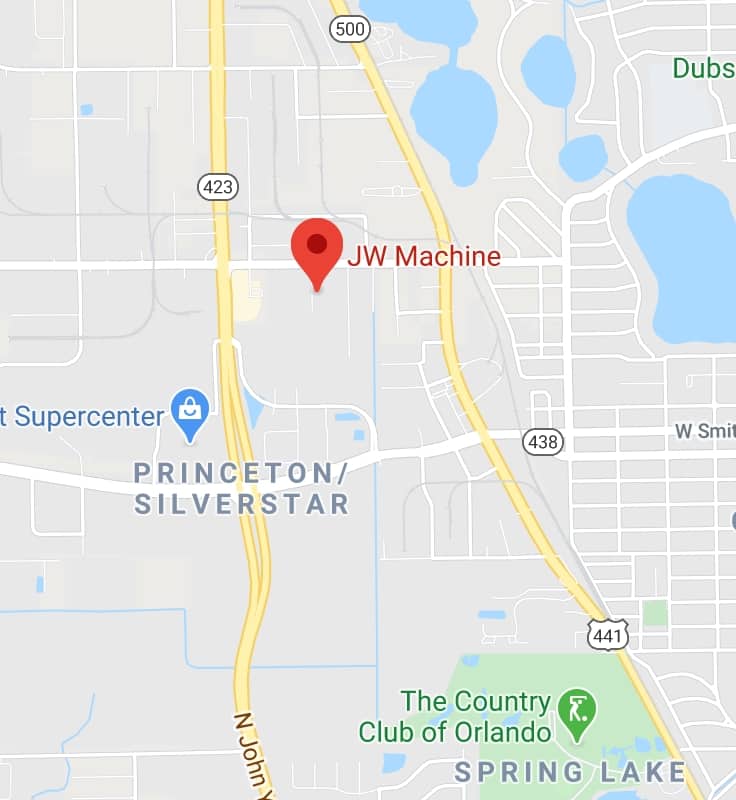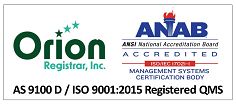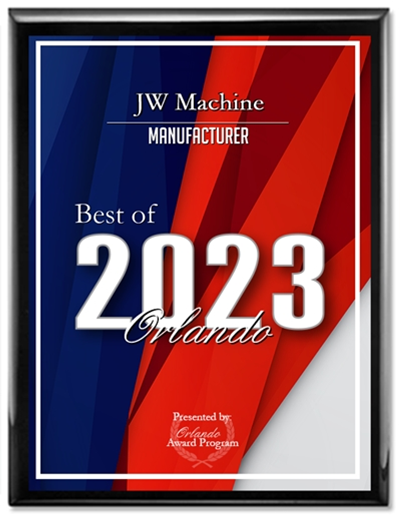We are continuing the conversation on cost factors to consider when developing a prototype. Our previous article covered how the materials and design complexity can affect the bottom line price of a prototypes to production manufacturing project. Today, we will look at two more areas to consider.
Quantity of Parts
The quantity of parts needed plays a crucial role in determining the cost per piece. Bulk production often leads to lower individual prices per part due to economies of scale. Ordering just one prototype can be much more expensive per unit than ordering several. Therefore, carefully evaluate quantity requirements and consider future needs to maximize cost savings. Spreading the initial costs of the proto-type development and tooling charges and set-up costs over higher quantities can make a great deal of difference in the overall production costs. Consider placing larger orders or even blanket orders to save on the overall costs for your requirements.
Precision CNC Machining Time
The time required for precision CNC machining directly affects the cost of the prototype to production manufacturing process. 5-axis machining or longer machine times without multiple set-ups for higher quantities often translate into lower overall costs. Minimizing unnecessary operations or finding ways to reduce machining and set-up time, when possible, can save money. Our expert machine shop team can advise on ways to achieve cost-efficient outcomes without compromising the quality of your prototype.
If you have an upcoming prototypes to production manufacturing or contract manufacturing project, JW Machine welcomes the opportunity to partner with you. We are an ISO 9001/AS 9100 certified machine shop with a vast array of precision CNC machining capabilities including 5-axis machining, small part machining, close tolerance machining, CNC turning with live tooling, CNC milling, laser cutting, laser engraving and more. Give us a call to learn more about the JW Machine difference today!






